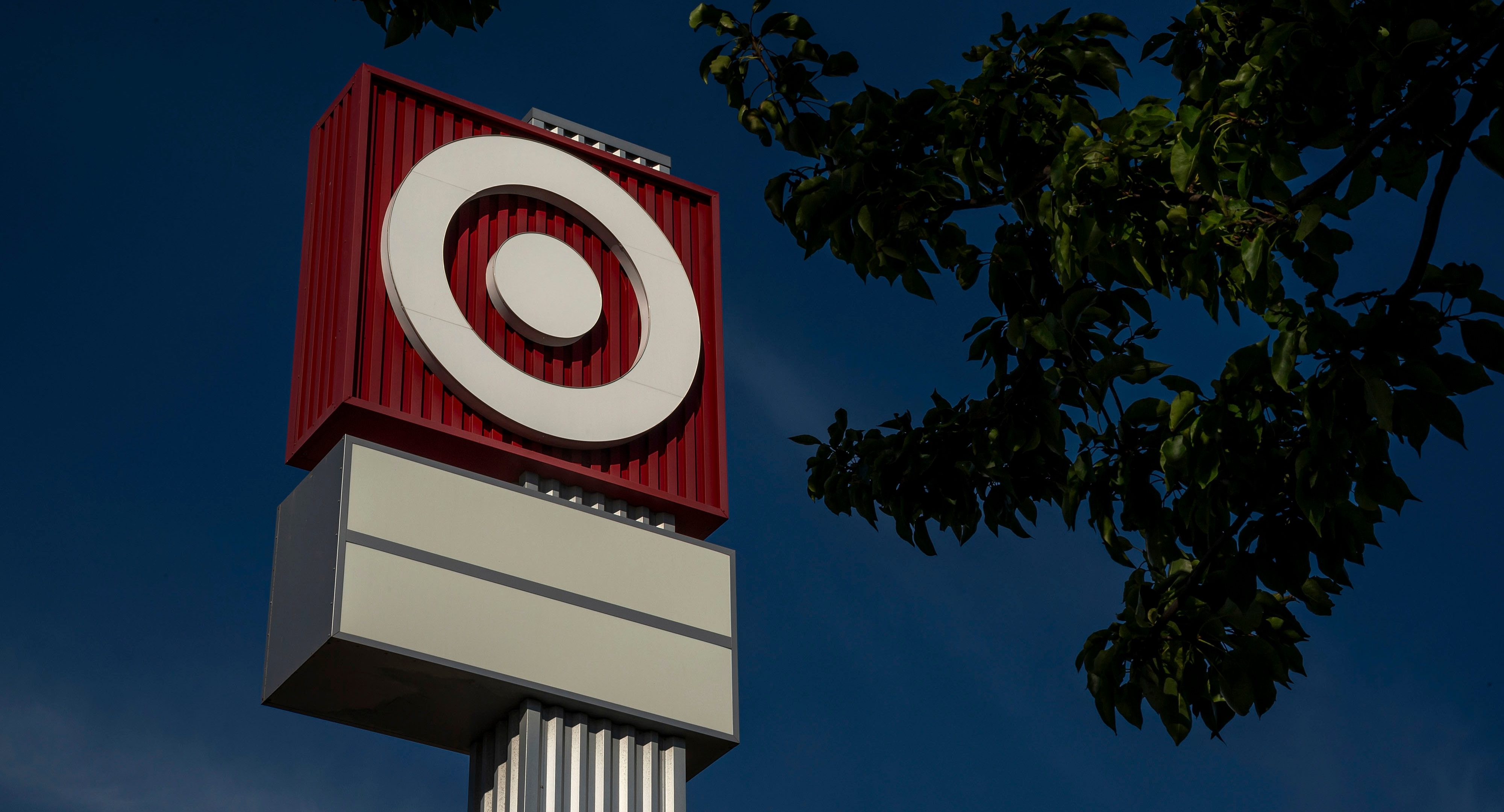There is growing concern over potential super-spreading events that may be fueling a dramatic spike in COVID-19 cases, and how those in attendance can spread the virus quickly and without warning.
Tensions have boiled over in places like Ventura County, California, where pro-mask protesters gathered outside a church that gad defied state orders and went on with indoor services – with no masks or social distancing required.
In Sturgis, South Dakota, a 10-day motorcycle rally that is expected to draw as much as a quarter of a million people is still underway, again with no masks required and social distancing not among the highest priorities among those there.
It's event like these that have researchers concerned, and may be where the virus is able to spread the quickest.
Dr. Joshua Schiffer is a researcher at the Fred Hutchinson Cancer Research Center in Seattle, where he and his colleagues published a paper the found that coronavirus super-spreading events are the result of the right people at the wrong place, at the wrong time.
"Ten to 20 percent of people are responsible for about 80 percent of the infections," Schiffer said. "Then there are these less common but extremely important events where one person can infect dozens of people and sometimes over a hundred people."
While the paper has not yet been peer reviewed, it is still raising alarms. According to a model that Schiffer and his team built, the riskiest window for transmission may be very brief – just a one- to two-day period in the week after a person is infected.
U.S. & World
"The most obvious thing is you would try to prevent an unnecessary congregation of people in a tight environment," the researcher said.
With the U.S. topping five million cases so far, there are five states combined to now make up more than 40 percent of the infections: New York, Georgia, Florida, Texas and California.
In Chicago, beaches remain closed – but photos from social media show that dozens of people gathered on one anyway.
"It's a demonstration of what we've seen in the numbers which is that young people are not taking this as seriously as they should," said Gov. J.B. Pritzker, who said the photos were "horrifying" to see.



